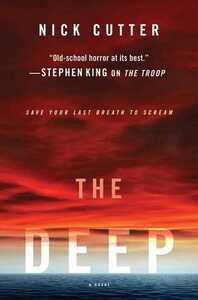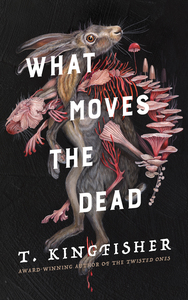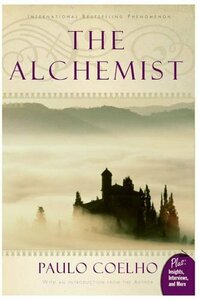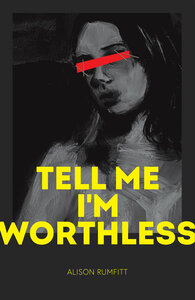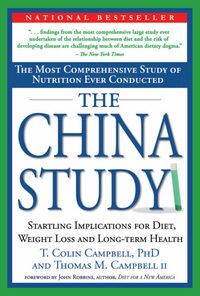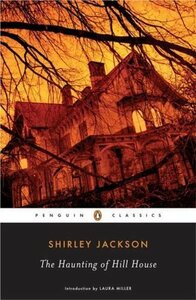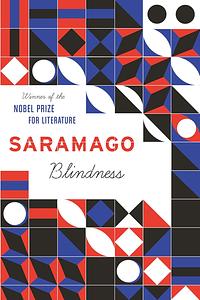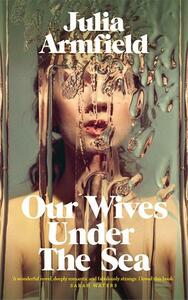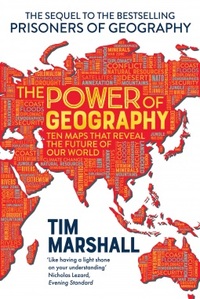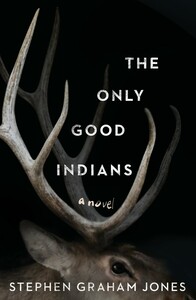You need to sign in or sign up before continuing.
Take a photo of a barcode or cover
thebigemmt505's Reviews (36)
Graphic: Adult/minor relationship, Animal cruelty, Animal death, Body horror, Death, Gore, Incest, Pedophilia, Sexual content, Violence, Blood, Grief, Injury/Injury detail
Moderate: Confinement, Cursing, Fatphobia, Pandemic/Epidemic
Minor: Murder
What Moves The Dead is unique retelling of The Fall of The House of Usher by Edgar Allen Poe written by T. Kingfisher. It follows Alex Easton’s journey to the House of Usher, following the reception of a letter from the sister of one of ka’s close army friends.
Now, admittedly, I haven’t read the original- I just pick up books when I find them interesting, I suppose. Even without the context of Poe’s story, I really enjoyed this one! The writing is fun and easy to read, but not lacking in great description and very solid dialogue. I find fungi fascinating, so having it be a driver of the narrative was entertaining and interesting. The depiction of the hares was downright disturbing and worked well. The characters are well-characterized, as much as is needed for the story, anyways. Alex Easton is a delightful character to read. Ka’s quick humor and fascination with people’s passions makes the character super likable, even without the narrative being strictly character driven. It’s a really unique portrayal of a queer character as well, and very refreshing in the wake of so many forced, hetero-ified, cliché portrayals found in a myriad of other novels being released today. (I don’t say this in the grifter way- I’m one of the LGBTQs myself, and I do love a lot of queer media, but dear lord do some need to get better at writing! The main draw of a book doesn’t have to be watered down queer-ness, people.)
I don’t have many critiques as far as the writing goes. My rating quality wise is closer to a 4/5 or even 4.25/5, but I suppose the story didn’t pack the full punch I wanted it too. I don’t think that’s what the story was necessarily going for though, so I wouldn’t call that a flaw. It comes down to preference more than anything else. I also feel as though Madeline could’ve had a bigger presence in the story before the end, and that might’ve made the climax more effective. Anyways, it was a really nice read!
Overall, What Moves The Dead is a fun little re-telling of a classic that anyone who is into horror should add to their list.
Graphic: Body horror, Death, Terminal illness
Minor: Suicide, War
Graphic: Body horror, Cursing, Death, Gore, Homophobia, Racism, Rape, Self harm, Sexual assault, Sexual content, Sexual violence, Suicidal thoughts, Toxic relationship, Transphobia, Violence, Antisemitism, Gaslighting, Toxic friendship
The China Study: The Most Comprehensive Study of Nutrition Ever Conducted and the Startling Implications for Diet, Weight Loss, and Long-term Health
T. Colin Campbell, Thomas Campbell
The quote is regarding macular degeneration, but it feels broadly applicable given not only the health, but the environmental and moral implications of eating animals.
The China Study is a an influential book about health and nutrition that deserves the praise it gets, especially for what it brought to the table at the time it was released. The study itself is a landmark in how we understand the way our diet impacts or health and our disease development. It’s well researched, thorough, and well-intentioned. Despite already knowing a lot of the science in this book, I still learned plenty of new information and I’m appreciative of that. The part about industry players and the hostility towards such a simple solution as diet was especially pertinent for me, as I’m always surprised by the extent of it.
All of that said, I found the writing a bit repetitive and sometimes disorganized. It flipped between general to detailed very quickly, which made the layout jarring to me. The semi-conspiratorial writing (no matter how justified in this case), especially before a case was presented about the corruption of the medical industry, turned me off as well. Most of my issues come down to preference, as I prefer a structure that’s detailed information -> general conclusion and I dislike hyper-conspiratorial, “they’re out to get us” rhetoric that can both be used by well meaning people who observe legitimate corruption and crazy conspiracy theorists drawing conclusions where there aren’t any.
Of course, T. Colin Campbell is a lot more level headed, but it’s still something that stood out to me. That being said, the writing wasn’t bad per-se, and I enjoyed a lot of the anecdotes and bits of humor thrown in.
Also, admittedly, there’s some dated information in here now, which I can’t blame the book for, but GOD can we PLEASE stop using BMI for any measure of anything! Thank you 🫶
Anyways, it was a must read for nutrition nerds like me. Vegan ones, at that. It dragged a bit and was dense but I don’t regret reading it. Give it a read, it’s a “classic” in a way. At the end of the day, beyond all of the science, beyond the intrigue of everything we have and will learn about nutrition, for now we must do what is tried and true: eat our vegetables.
Minor: Suicide, Car accident, Death of parent
The premise of Blindness is this: the population slowly behind to go blind without any explanation. The world quickly devolves into chaos as human nature is stripped down to its bare bones. There remains only one sighted person throughout the book.
It’s difficult to review this one. The writing style is difficult to get used to, with long run on sentences and no breaks between character dialogue. The author stays grounded in the plot while also being quite philosophical. The pace of the book is mixed ; the progression of the narrative feels extremely fast while the way it’s written slows it down. The characters are meant to fill simple roles, not even having names, and while this is intentional, the behavior of these characters throughout the book does actually give them a lot of distinguishing characteristics. It’s technically a very well-done book, but the whole product feels…odd, in a sense.
It’s thesis is both obvious and vague. Breaking the fragile threads that bind society is not difficult, in the sense it takes just one disaster, just one collapse, just one event that’s too difficult to manage before all social cohesion dissipates. It’s cliche almost, pointing out the fragility of society. I think the book depicts a collapse much more obscene and rapid than what would actually happen, even if there are now some very real life parallels to be drawn between this and the recent pandemic everyone faced in the real world. Though way over the top, I think it puts into perspective how ephemeral society and it’s constructs are, and how quickly their artificial importance slips away in the face of crisis. Education has no importance. Money has no importance. Even names bear no importance anymore. If no one can see it, what power does it have? This, for better and for worse.
There’s a lot of symbolism I likely missed, though, which makes it even harder for me to fully flesh out my thoughts on the overall meaning and impact of this book.
My favorite moment in the book is definitely the first scene with the dog of tears. Through all the barbaric, disgusting, “animalistic” behavior of the blind masses, two sentient beings who can still see the humanity in one another bond. My interpretation likely isn’t what was meant to be drawn from it, but I found it beautiful nonetheless.
All in all, it’s not an easy read, though I’d argue it’s a rewarding one. It’s a bit of a slog at points, if only after reading the same three lines seventeen times to try and figure out who is saying what, but still an intriguing and engaging read. It makes for an interesting experience, unsettling and disturbing, read. Give it a go, if you’re really in the mood for something dark and literary.
Graphic: Confinement, Death, Gore, Misogyny, Rape, Sexual assault, Sexual content, Sexual violence, Violence, Forced institutionalization, Blood, Excrement, Medical content, Murder, Pandemic/Epidemic
Minor: Vomit
Graphic: Grief
Minor: Body horror, Death, Terminal illness
Graphic: Animal cruelty, Animal death, Death, Gore, Violence, Blood
